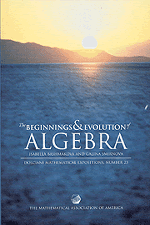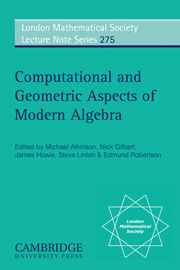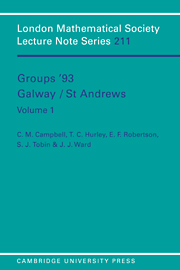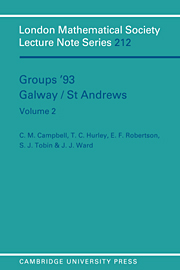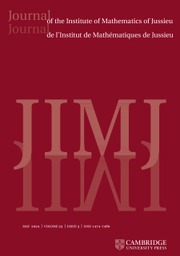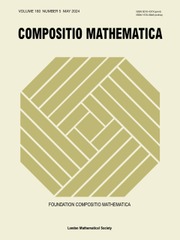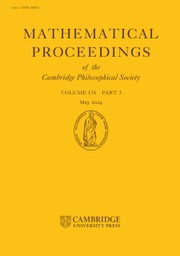The Beginnings and Evolution of Algebra
The elements of algebra were known to the ancient Mesopotamians at least 4000 years ago. Today algebra stands as one of the cornerstones of modern mathematics. How then did the subject evolve? How did its constituent ideas and concepts arise, and how have they changed over the years? These are the questions that the authors address in this work. The authors challenge the existing view that the development of algebra was driven by the investigation of determinate equations and in particular their solution by radicals. In short they claim that the study of indeterminate equations was no less important. Historians of mathematics, as well as working algebraists who want to look into the history of their subject, will find this an illuminating read.
- Highly readable
- The authors are world experts in this material
- Suitable for undergraduate history of mathematics courses
Product details
April 2000Paperback
9780883853290
196 pages
230 × 154 × 13 mm
0.275kg
28 b/w illus. 2 tables
This item is not supplied by Cambridge University Press in your region. Please contact Mathematical Association of America for availability.
Table of Contents
- 1. Elements of algebra in ancient Babylonia
- 2. Ancient Greek 'geometric algebra'
- 3. The birth of literal algebra
- 4. Algebra in the middle ages in the Arabic east and in Europe
- 5. The first achievements of algebra in Europe
- 6. Algebra in the sixteenth and seventeenth centuries
- 7. The theory of algebraic equations in the nineteenth century
- 8. Problems of number theory and the birth of commutative algebra
- 9. Linear and noncommutative algebra.

